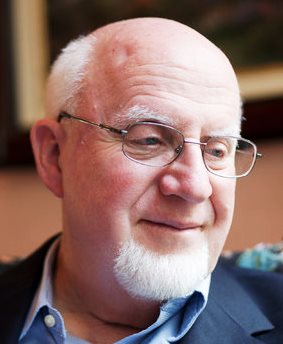
A research firm asked Americans ranging from poor to very wealthy how much money they would need to feel happy and secure, and they all answered about the same. Across the board, happiness and security required only a 20% raise in income over present salary. And once basic needs are met, more income does not necessarily mean greater happiness. Financial advisor Dave Ramsey defines America’s credit card mania as people spending money they do not have, to purchase things they do not need, to impress people they do not like.
Jesus took a very practical approach to financial advising (Matt. 6:19-24). One can invest in earthly banks, he said, or one can invest in heavenly banks. Treasures stored on earth are always at risk, noted Jesus, whether from evildoers (thieves), tiny creatures (moths), or natural processes (rust). Only deposits made in heaven are truly safe. We make heavenly deposits, Paul later explained, whenever we do good, are rich in good deeds, and are willing to share generously (1 Tim. 6:18).
The swaggering actor in the gold-dealer’s television commercial says: “I just feel so much more secure knowing that I own gold.” His implied promises are designed to entice, but his promises are made of sand. The truth is that everything belongs to God, we are his stewards, and one day we must give account for the way we have used his possessions. Our fallen nature wants to ask, “How much must I give to others?” But God’s Spirit instead prompts the question, “How much dare I spend on myself?”